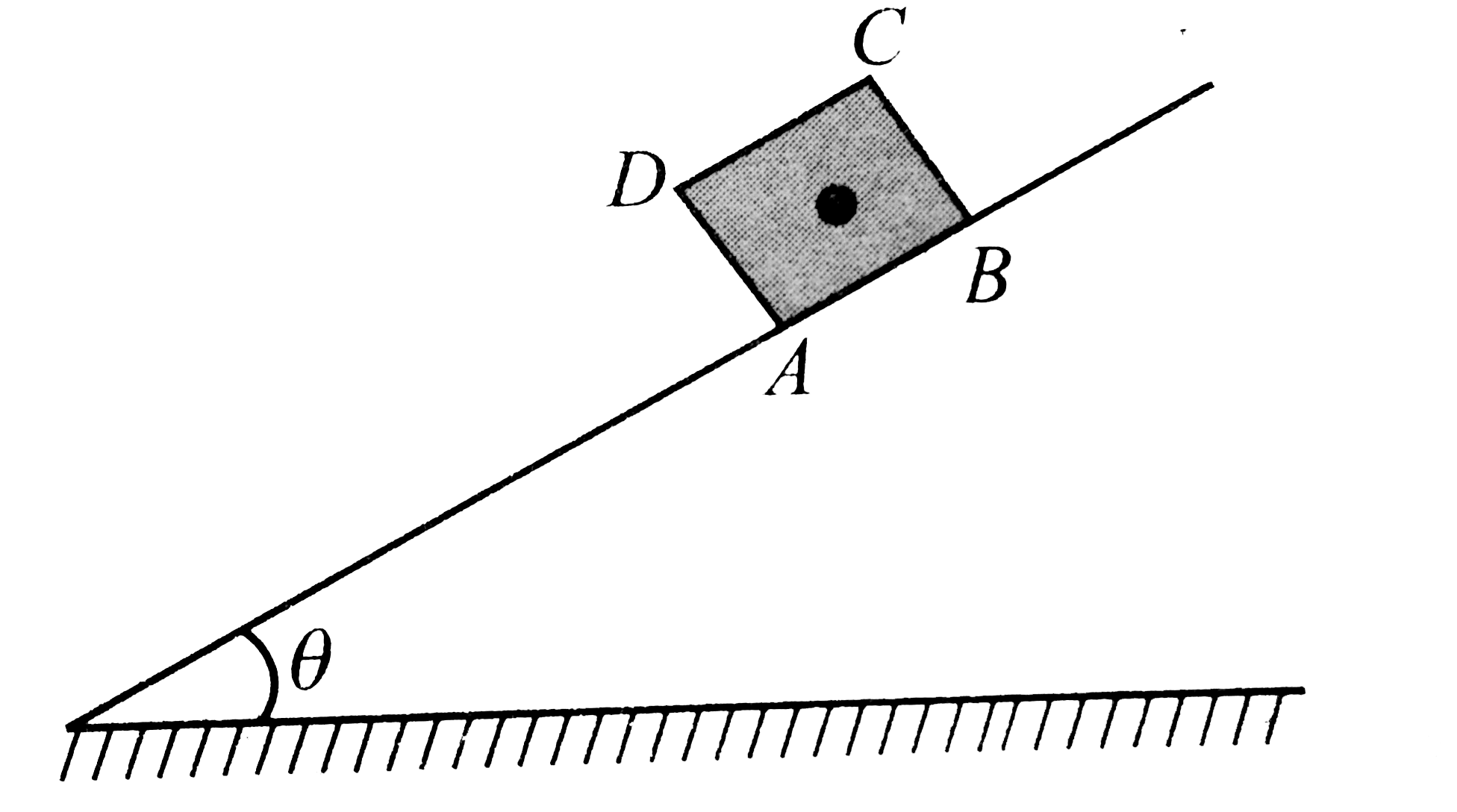The maximum real number, which most exceeds its cube, is
12
1√3
1√2
2√3
The correct Answer is:B
Let number be x then cube =x3
Now f(x)=x−x3
On differentiating both sides w.r.t x we get
f'(x)=1−3x2
For maximum or minimum put f'(x)=0
∴1−3x2=0⇒x=±1√3
For maximum f'(x) should be negative
∴f''(x)−6x=−ve at x=1√3
Topper's Solved these Questions
- APPLICATIONS OF DERIVATIVESBOOK - MHTCET PREVIOUS YEAR PAPERS AND PRACTICE PAPERSCHAPTER - APPLICATIONS OF DERIVATIVESEXERCISE - MHT CET CORNER
21 Videos
- APPLICATIONS OF DERIVATIVESBOOK - MHTCET PREVIOUS YEAR PAPERS AND PRACTICE PAPERSCHAPTER - APPLICATIONS OF DERIVATIVESEXERCISE - MHT CET CORNER
21 Videos
- APPLICATIONS OF DEFINITE INTEGRALS BOOK - MHTCET PREVIOUS YEAR PAPERS AND PRACTICE PAPERSCHAPTER - APPLICATIONS OF DEFINITE INTEGRALS EXERCISE - MHT CET Corner
6 Videos
- BINOMIAL DISTRIBUTIONBOOK - MHTCET PREVIOUS YEAR PAPERS AND PRACTICE PAPERSCHAPTER - BINOMIAL DISTRIBUTIONEXERCISE - MHT CET Corner
6 Videos
Similar Questions
The number which exceeds its square by the greatest possible quantity is 12 (b) 14 (c) 34 (d) none of these
View SolutionA bag contains tickets numbered 1 to 30. Three tickets are drawn at random from the bag. What is the probability that the maximum number on the selected tickets exceeds 25?
View Solution
Knowledge Check
The real numbers which must exceeds its cube is
A−1√3B1√3C12D1√2Let x be a number which exceeds its square by the greatest possible quantity . Then x is equal to
A12B14C34D1The square of a natural number subtracted from its cube is 48. The number is :
A8B6C5D4
Prove that if a number is trebled then its cube is 27 times the cube of the given number.
View SolutionProve that if a number is doubled, then its cube is eight times the cube of the given number.
View Solution1 4. If the median of the series exceeds the mean by 3, find by what number the mode exceeds its mean.
View SolutionA cube of side a is placed on an inclined plane of inclination θ. What is the maximum value of θ for which the cube will not topple?

View SolutionTwo whole numbers are such that the cube of first number exceeds the cube of second by 61 and the ratio of the numbers is 5:4. What is the value of larger number?
View Solution
